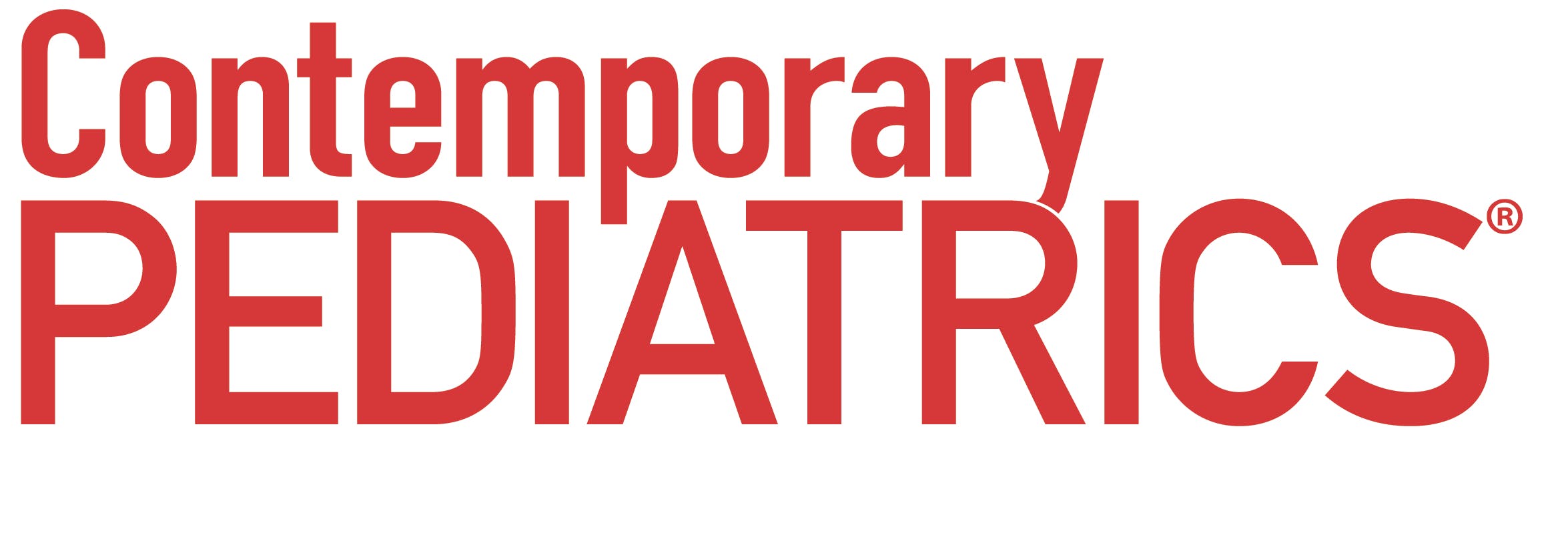Preventive Nutrition Program Successful in Haiti
A preventive nutrition program targeting all young children was more successful in reducing childhood undernutrition in Haiti than the traditional model, which targeted only underweight children, according to an article published Feb. 16 in The Lancet.
<p>FRIDAY, Feb. 15 (HealthDay News) --A preventive nutrition program targeting all young children was more successful in reducing childhood undernutrition in Haiti than the traditional model, which targeted only underweight children, according to an article published Feb. 16 in <i>The Lancet</i>.</p><p>Marie T. Ruel, Ph.D., of the International Food Policy Research Institute in Washington, D.C., and colleagues matched clusters of communities in Haiti with similar access to services and other factors and randomly assigned them to one of two World Vision maternal and child health and nutrition programs: a preventive model targeting all children between 6 and 23 months old or a recuperative model targeting underweight children between 6 and 60 months. Cross-sectional surveys were performed at baseline and after three years to measure differences in undernutrition. </p><p>After three years, rates of stunting, underweight and wasting were 4 percentage points to 6 percentage points lower in communities taking part in the preventive nutrition program than in those receiving care in the recuperative model. The benefits were greater in children exposed to the preventive program for the full span between 6 and 23 months of life than in those exposed for a shorter duration. Use of services and quality of implementation did not differ between groups.</p><p>"This study shows, using a cluster-randomised trial, that an age-based preventive model for delivering a package of food assistance and maternal and child health and nutrition interventions was more effective at reducing childhood undernutrition than the traditional, recuperative model," conclude the authors.</p><p><a href="http://www.thelancet.com/journals/lancet/article/PIIS0140673608602718/abstract" target="_new">Abstract</a><br/><a href="http://www.thelancet.com/journals/lancet/article/PIIS0140673608602718/fulltext" target="_new">Full Text (subscription or payment may be required)</a></p>
Copyright © 2008 <a href="http://www.physiciansbriefing.com/" target="_new">ScoutNews, LLC</a>. All rights reserved.


















